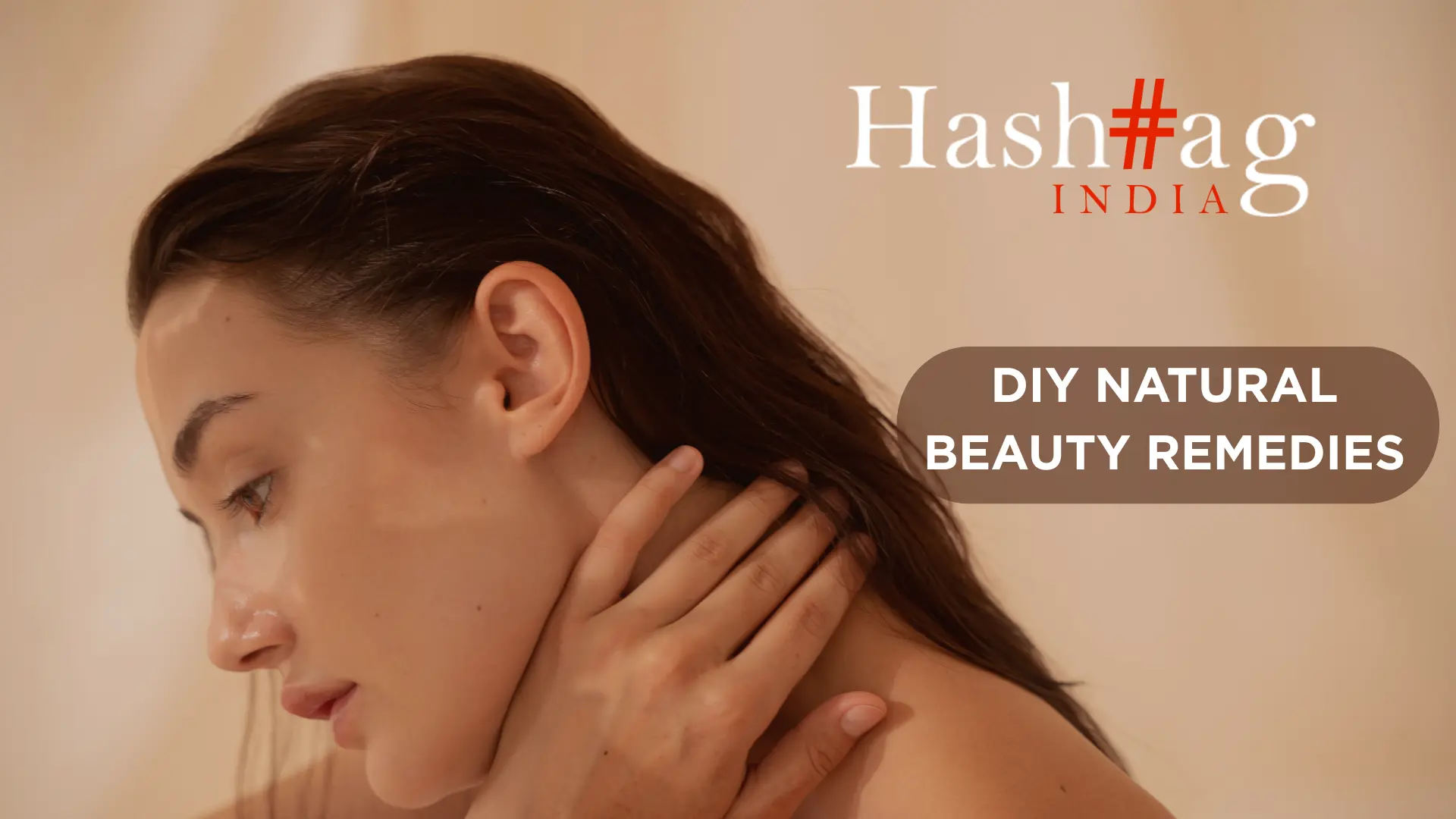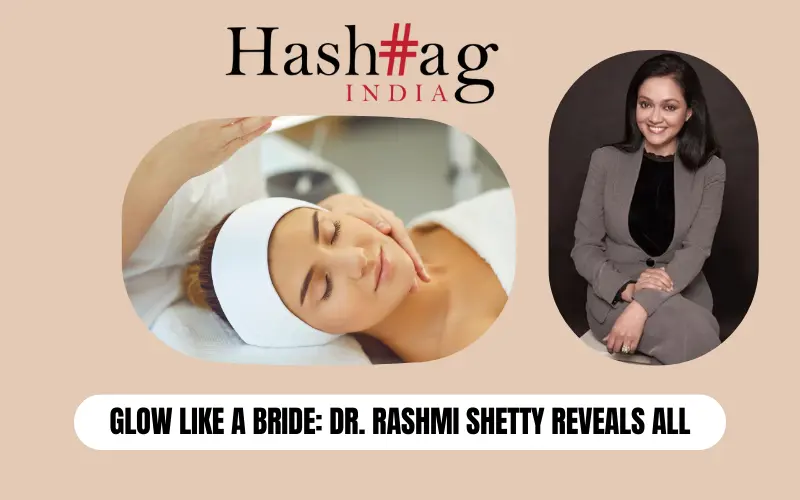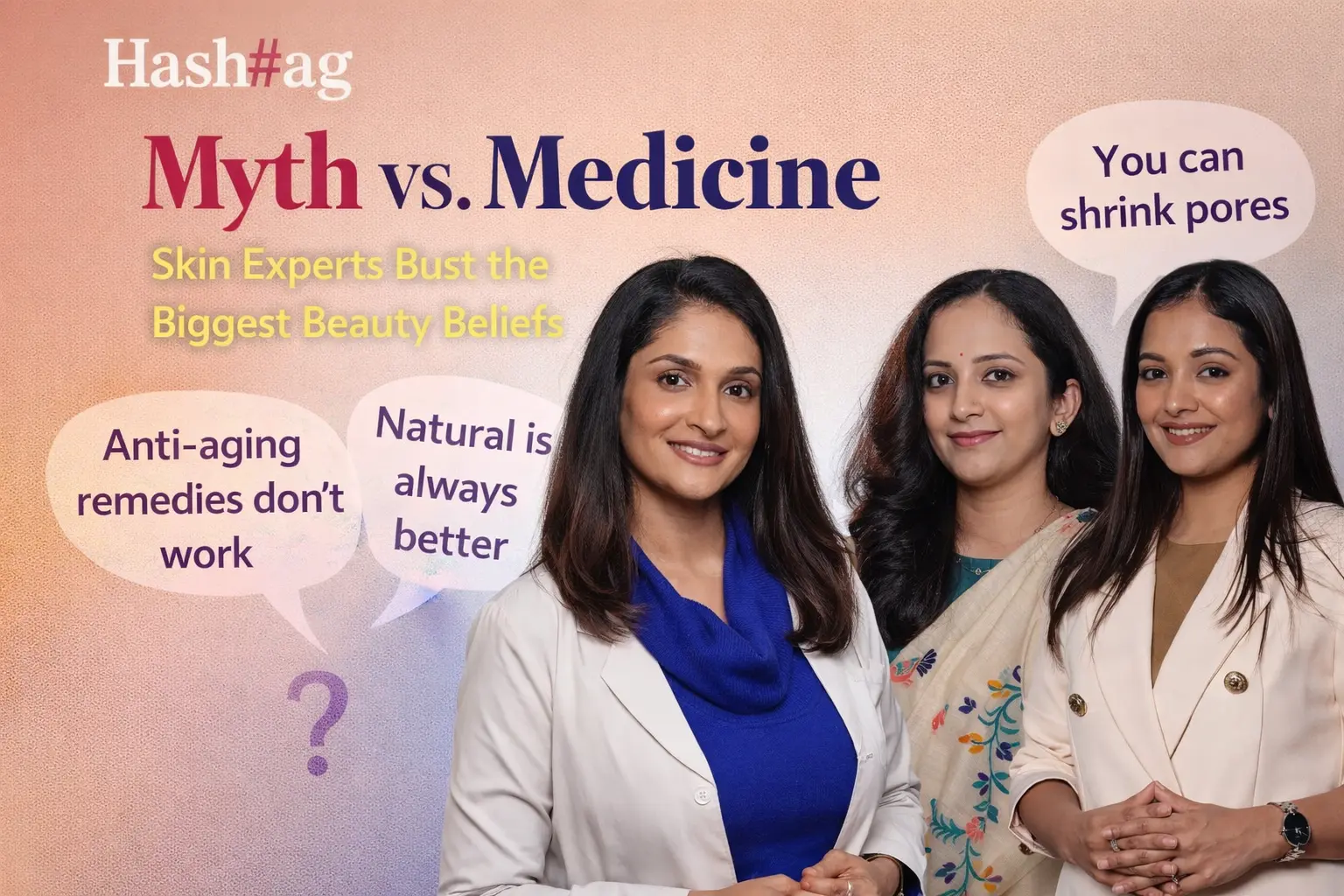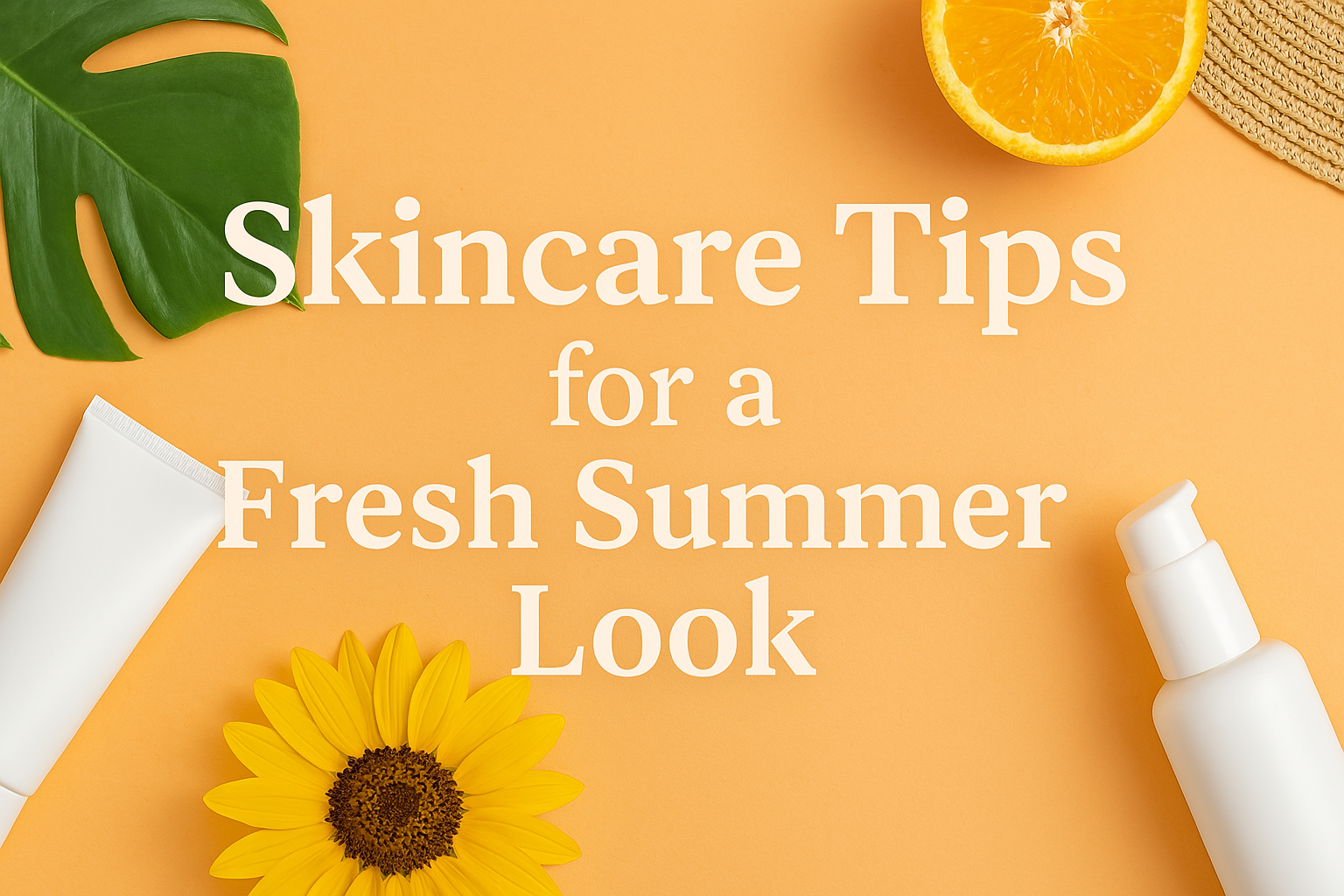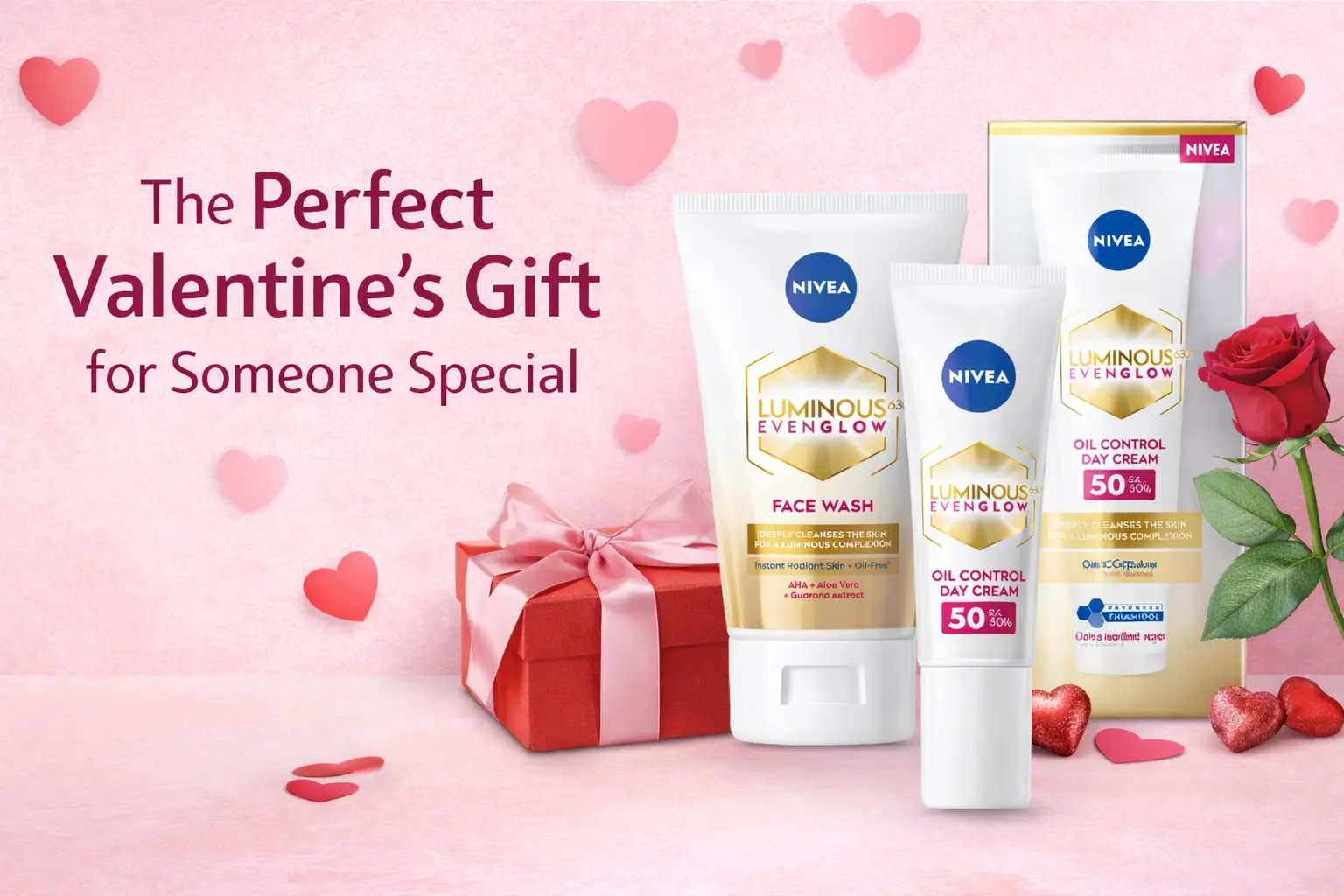Just as our skin and body benefit from a healthy diet, eating well and getting some key nutrients into our diet ensure that our hair gets what it requires to promote growth and prevent breakage and dryness too. Dr Vijeta Goyal outlines a balanced diet…
Strong, shiny, soft and long hair doesn’t come easy to everyone. We have to eat clean and healthy in order to make our hair look and feel beautiful. Although we lose some hair follicles everyday while combing and washing it and it may not appear to be thinning from the scalp, some people may experience severe hair loss and it can be devastating and life changing. With the variety of products available in the market that claim to do wonders to your hair, it can be easy to overlook the one important aspect for healthy mane i.e. to supply it with correct nutrition. Just as our skin and body benefit from a healthy diet, eating well and getting some key nutrients into our diet ensure that our hair gets what it requires to promote growth and prevent breakage and dryness too. So here is guide on what nutrients you could eat to help curb that receding hairline.

Vitamin A
Vitamin A is the key nutrient to promote healthy growth of cells throughout the body including hair and scalp. Plant sources of vitamin A include red, yellow and orange fruits and vegetables like carrots, sweet potato, pumpkin as well as dark green leafy vegetables.
Vitamin C
Vitamin C is essential in the production of collagen, a connective tissue that is an important part of hair structure. Most importantly, it helps in the absorption of iron whose deficiency can lead to hair loss. Vitamin C is a water soluble vitamin and our body does not store it. Make sure to eat plenty of foods containing vitamin C. You can also get your daily dose from amla, guava, oranges, bell peppers, melons, tomatoes and strawberries.
Just as our skin and body benefit from a healthy diet, eating well and getting some key nutrients into our diet ensures that our hair stays healthy too!
Biotin, Vitamin B and Iron:
These nutrients are exceptionally recognised for hair growth. Vitamin B is essential for the formation of haemoglobin which carries nutrients and oxygen to the tissues in the body. Deficiency of any of these vitamins is like cutting the roots of a plant, leading to its death. Get your iron from food cooked in cast iron vessels. Other sources include roasted chana, watercress seeds, amaranth chikki or ladoo, peas, rajma, chickpeas and cashews. The non-vegetarian sources of B vitamins are meat, chicken, fish and eggs. And the best bet for plant-based sources are leafy vegetables, almonds, cauliflower, mushrooms, avocado, beets, broccoli, wheat germ and bran, and some fortified cereals.
Zinc
Scalp conditions like dandruff and hair loss are associated with zinc deficiency. Zinc is a mineral that is important for hair growth and repair. A diet deficit in this micronutrient can reduce the overall thickness of your hair. For your daily dose of zinc, load up on whole-grain products, dals, dalia, nuts, pumpkin seeds and legumes. The other animal sources of zinc include seafood, poultry, mussels, shrimp and oysters. Milk and eggs also supply smaller amounts of zinc.
Protein
Hair and nails are primarily made of a protein called keratin and it is important to have protein-rich foods if you’re looking to hold a healthful boom of your mane. Stick to leaner proteins such as fish, chicken, soy products, low-fat cheese, eggs, almonds, brazil nuts, walnuts, beans, and yogurt, milk, paneer.
Rapid weight loss or participating in a fad diet that is not nutritionally sound can cause imbalances and hormonal changes in the body, thereby resulting in increased weight loss.
Water
Staying hydrated is a necessity, regardless of what the thermometer says. Water keeps each and every cell in the body functioning properly. Do not just wash your hair in it, drink lots of it too and you’ll be amazed by the wonders it does on your hair, skin and body.
Note: Rapid weight loss or participating in a fad diet that is not nutritionally sound can cause imbalances and hormonal changes in the body, thereby resulting in increased weight loss.Beauty comes from within so what you eat will have an enormous impact on the health of your hair and body. Whether you are a vegetarian, non-vegetarian or an eggetarian, make a conscious effort of getting your daily intake of protein, vitamins and minerals. If you feel a lack of nutrients or you have a genuine deficiency which is impairing your hair growth, it is time to add the above-mentioned foods to your diet. However, if you have noticed unusual and sudden hair loss recently, consult your dermatologist. Happy eating!


